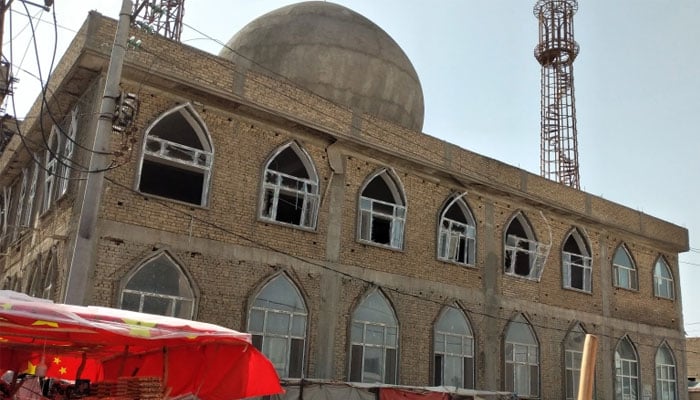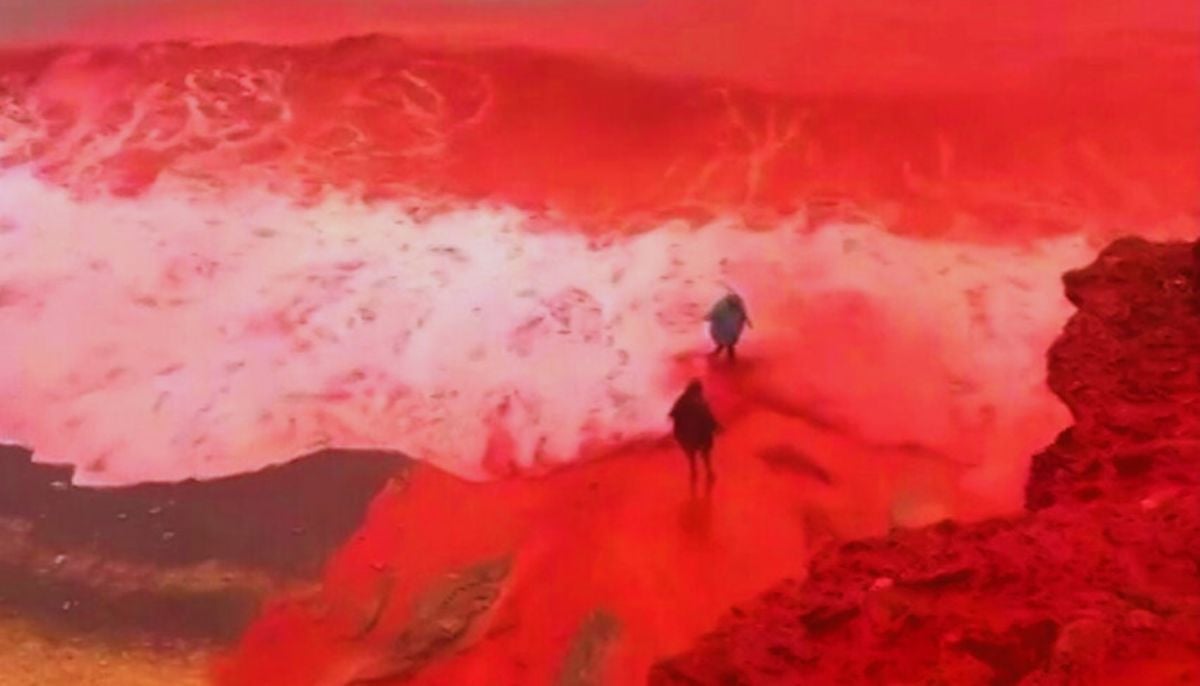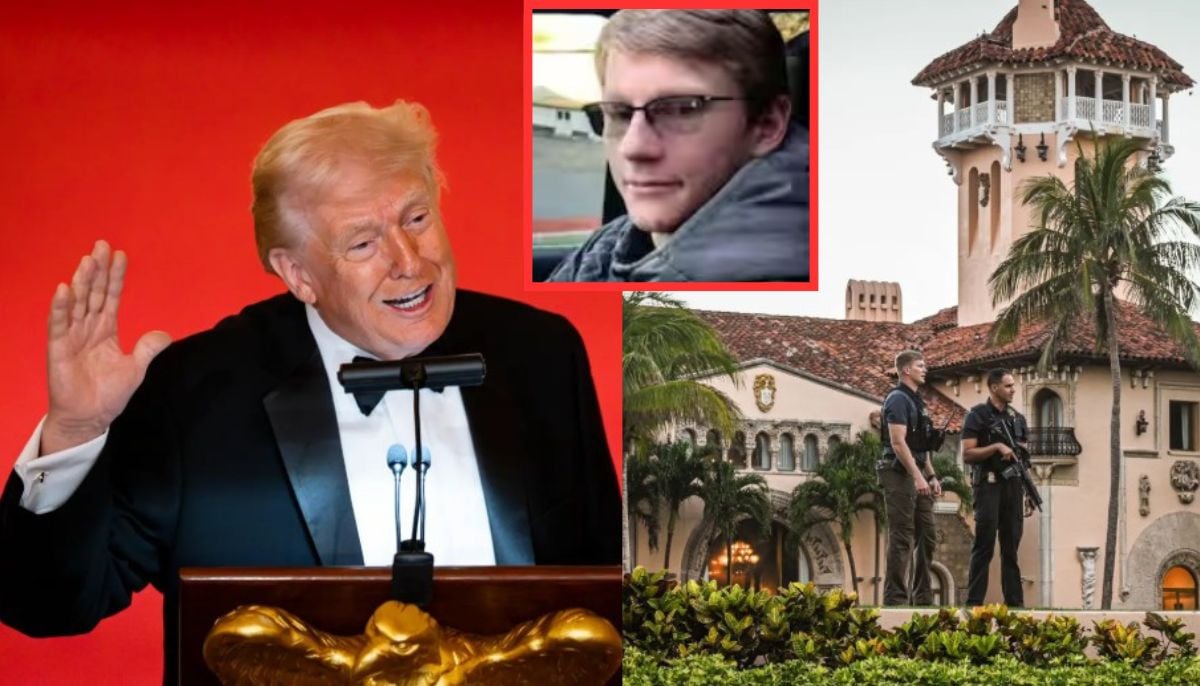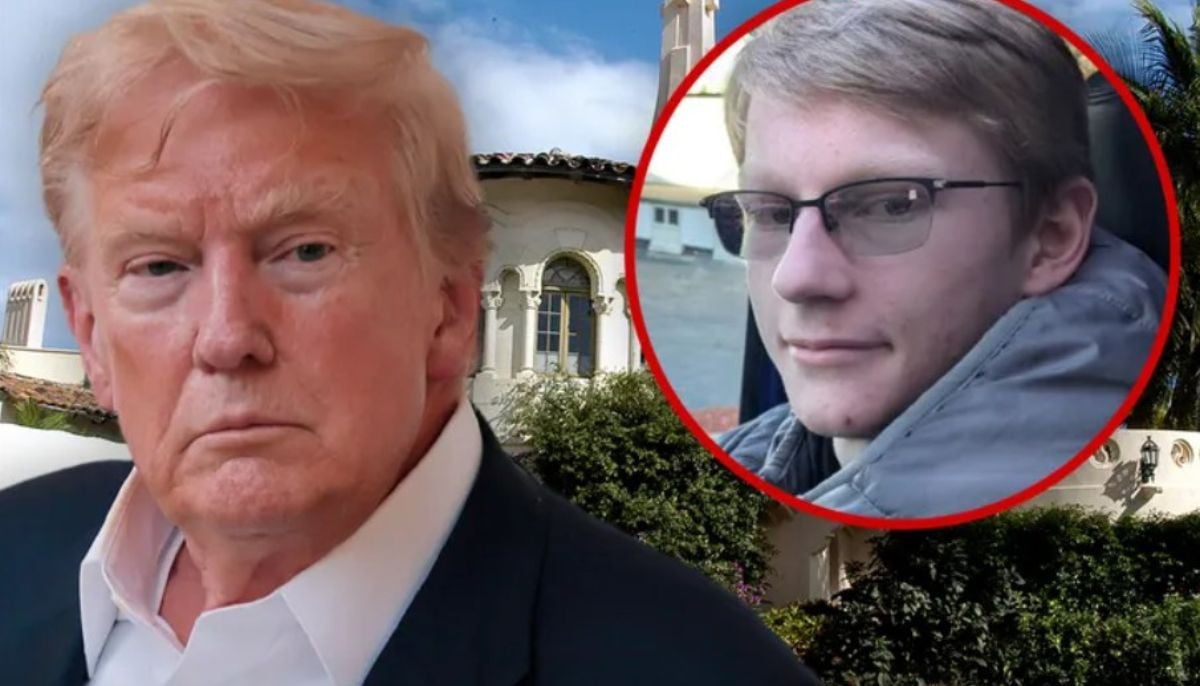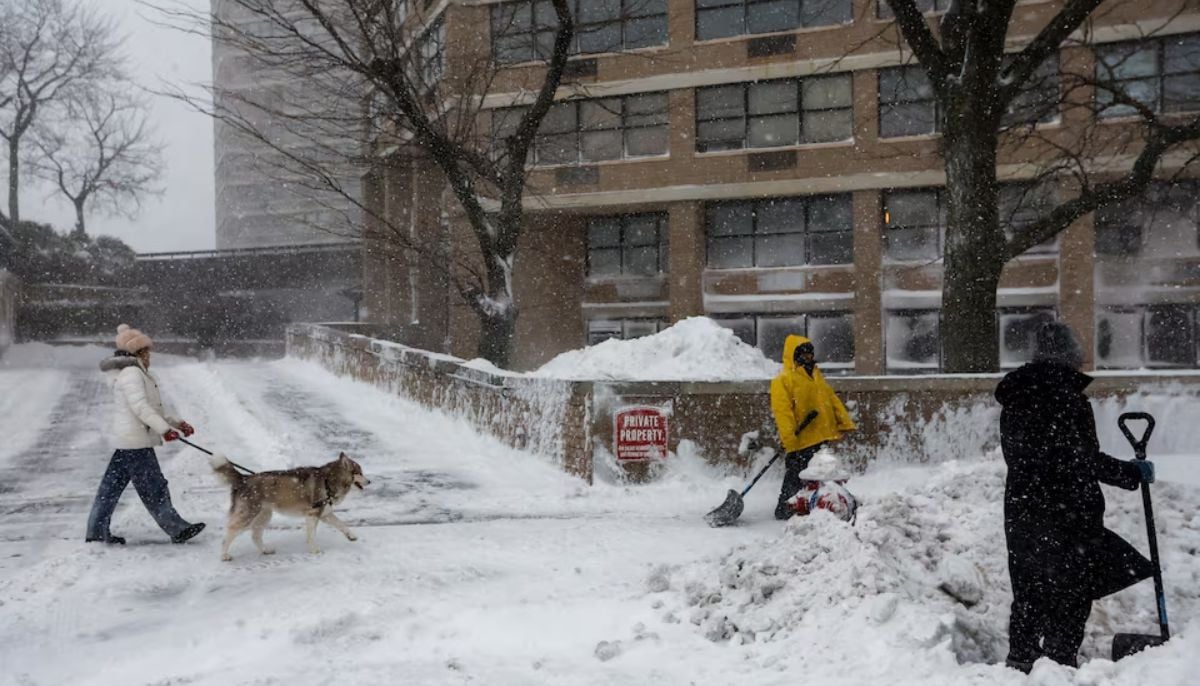Blast in mosque at Afghan interior ministry kills two: hospital
Interior ministry spokesman says explosion happened "in mosque near ministry of interior" where visitors, some employees pray
KABUL: Two people were killed when a bomb blast tore through a mosque on the grounds of Afghanistan's interior ministry in Kabul on Wednesday, a hospital said.
Since the Taliban returned to power last August they made security a priority but attacks have ramped up in recent months, even as officials have tried to downplay them.
Italian non-governmental organisation Emergency, which operates a hospital in Kabul, said it had received 20 patients "after a bomb attack in a mosque at the interior ministry".
"Two were already dead on arrival," it said on Twitter.
However, interior ministry spokesman Abdul Nafy Takor said the explosion happened "in a mosque which is at a distance from the ministry of interior" where visitors and some employees pray.
He did not give an indication of official casualty figures, or the exact distance from the ministry, but said an investigation was ongoing.
The latest blast comes after a suicide bombing on Friday killed 53 people in a Kabul classroom, including 46 girls and women, according to a UN death toll.
Witnesses said the attacker blew himself up in the women's section of a gender-segregated classroom of a study hall in the Dasht-e-Barchi neighbourhood — an enclave of the Hazara community.
No group has so far claimed responsibility for that attack, which Taliban authorities said claimed 25 lives.
The Taliban's return to power in Afghanistan last year brought an end to that insurgency and a dramatic decline in violence.
The Taliban movement — made up primarily of ethnic Pashtuns — has pledged to protect minorities and clamp down on security threats.
-
Nick Reiner pleads not guilty in famous parents' double murder which shocked the world
-
Benicio del Toro on losing mom in chldhood: 'I’m still dealing with it'
-
More than 500,000 without power as blizzard hits US Northeast
-
Charli xcx details boozy second wedding to The 1975's George Daniel: 'Everyone was hungover'
-
ICE agent misfired bullet into Minnesota hotel’s guest room
-
Piers Morgan reacts to photo with Ghislaine Maxwell
-
UK data privacy regulators raises safety concerns, warn against AI-generated images
-
Rape suspect flees aboard after mistaken prison release
